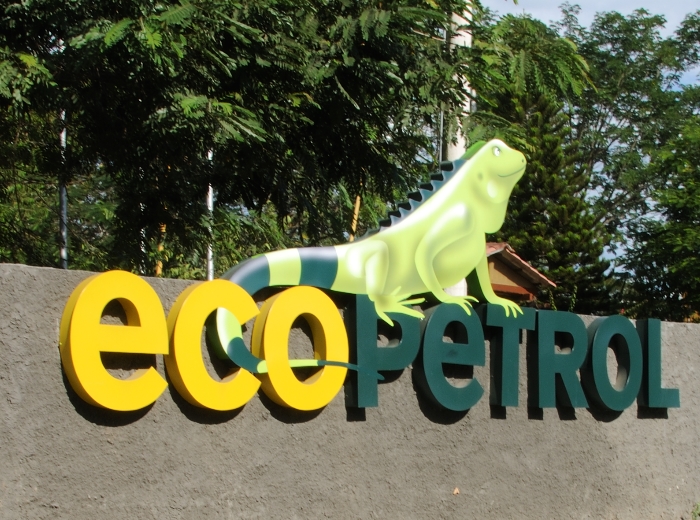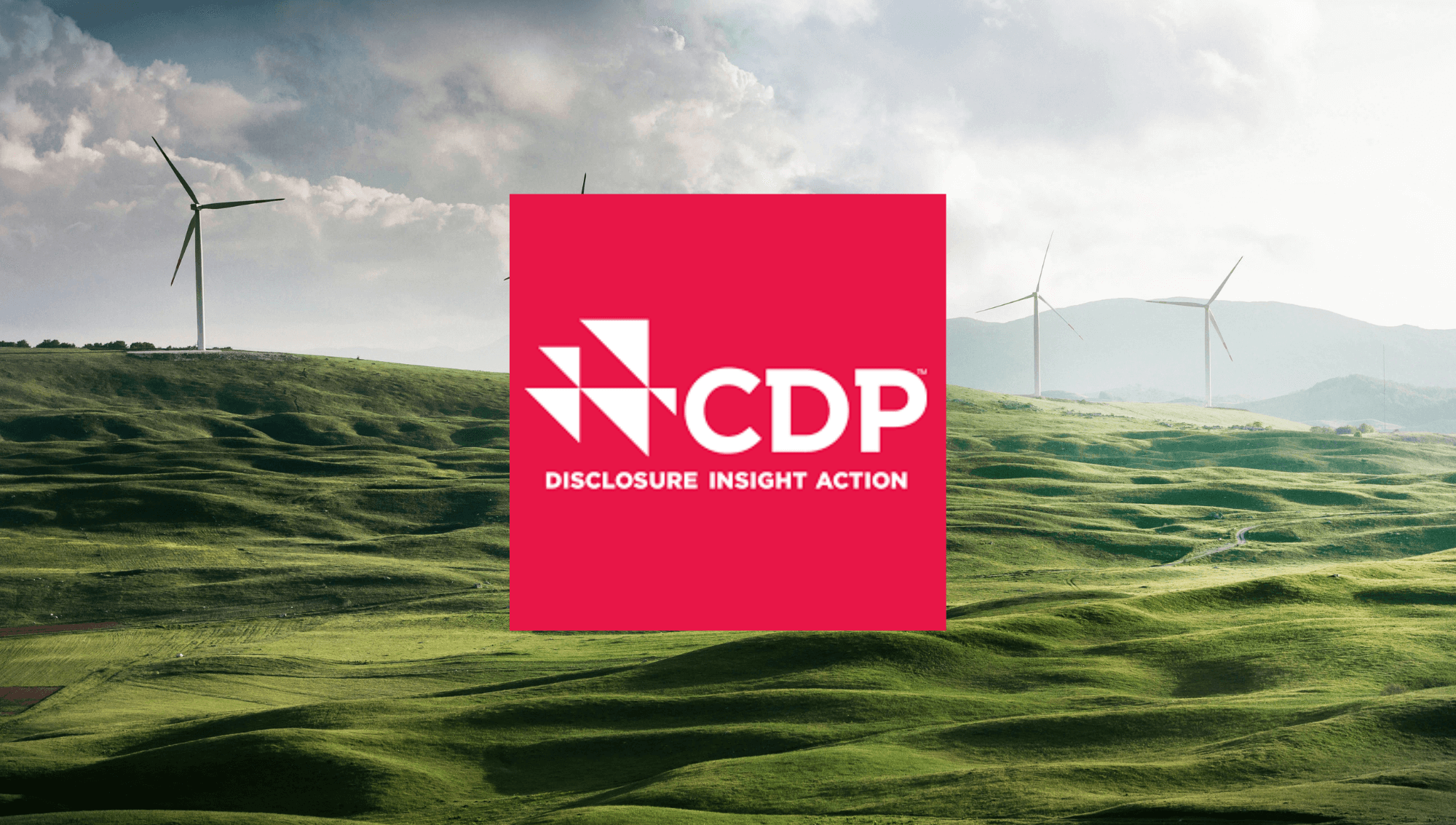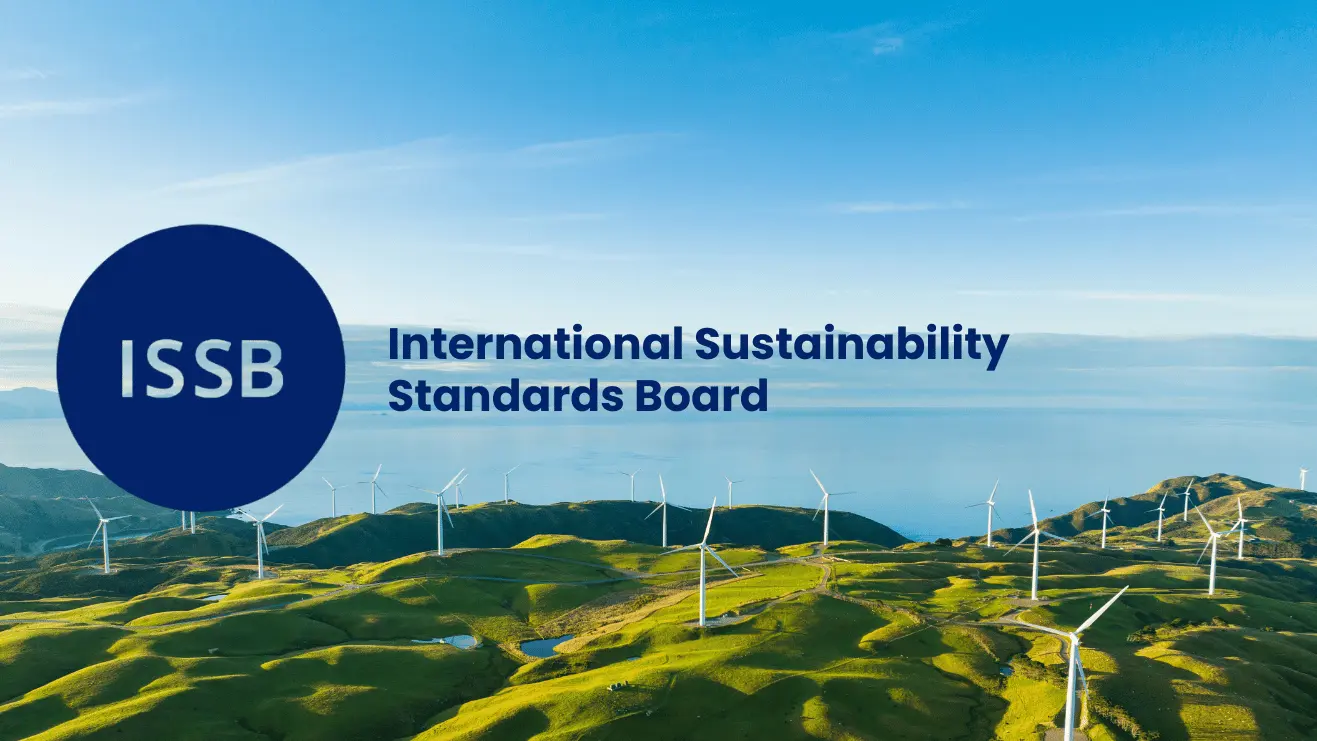Ecopetrol S.A. Assigned ESG Evaluation Of 58; Preparedness Adequate

S&P Global Ratings said today that it has assigned an ESG Evaluation of 58 to Ecopetrol S.A. The company’s ESG Evaluation is the result of an ESG profile of 58 combined with adequate preparedness. Higher numbers indicate stronger sustainability in our evaluations.
ESG Evaluation: Ecopetrol S.A.
Ecopetrol’s ESG Evaluation score of 58 reflects that compared to sector peers, Ecopetrol has a good management of its environmental and social risks in a highly exposed industry. In our view, the company’s governance structure and transparency on non-financial reporting are stronger than those of Colombian and regional peers. We view Ecopetrol as adequately prepared to address the long-term risks that the oil and gas industry faces including, but not limited to, the energy transition.
Ecopetrol is an integrated energy company headquartered in Bogotá, Colombia. Its oil and gas operations cover all stages of the value chain: exploration and production, midstream (transportation), refining and marketing. Ecopetrol is responsible for approximately 66% of Colombia’s oil and 56% of its gas production. Since August 2021, the company has owned a 51 stake in Interconexion Electrica S.A. E.S.P. The latter is a Colombian company that operates three main business lines across Latin America: electric power transmission, toll road concessions, information and communications technology. The Colombian government controls Ecopetrol through an 88.49% stake, while institutional shareholders and retail investors own the remaining 11.51%.
What Is An ESG Evaluation? S&P Global Ratings’ ESG evaluation is a cross-sector, relative analysis of an entity’s capacity to continue to operate successfully. It is grounded in how ESG factors could affect stakeholders, potentially leading to a material direct or indirect financial impact on the entity.
Our definition of stakeholders for a particular entity goes beyond shareholders to include employees, the local community, government, regulators, customers, lenders, borrowers, policyholders, voters, members, and suppliers. A high ESG evaluation indicates an entity is relatively less prone to experiencing material ESG-related events, and is relatively better positioned to capitalize on ESG-related growth opportunities than entities with lower ESG evaluations.
See related article: Cabot Corporation Achieves Platinum Rating from EcoVadis for Second Consecutive Year
First, we establish an ESG profile for a given entity, which assesses the exposure of the entity’s operations to observable ESG risks and opportunities, and how the entity is mitigating these risks and capitalizing on these opportunities.
Second, we assess the entity’s long-term preparedness, namely its capacity to anticipate and adapt to a variety of long-term plausible disruptions.
As of Jan. 10, 2022, S&P Global Ratings evaluated more than 115 entities across the globe; they have an average score of 66. Since the first ESG evaluation, published in June 2019, we have finalized ESG Evaluations across 22 sectors globally. By region, the average score for companies headquartered in Latin America is 50.
Visit spglobal.com/ratings for our latest sustainable finance research and all of our publicly available ESG Evaluations.
Source: S&P Global Ratings









